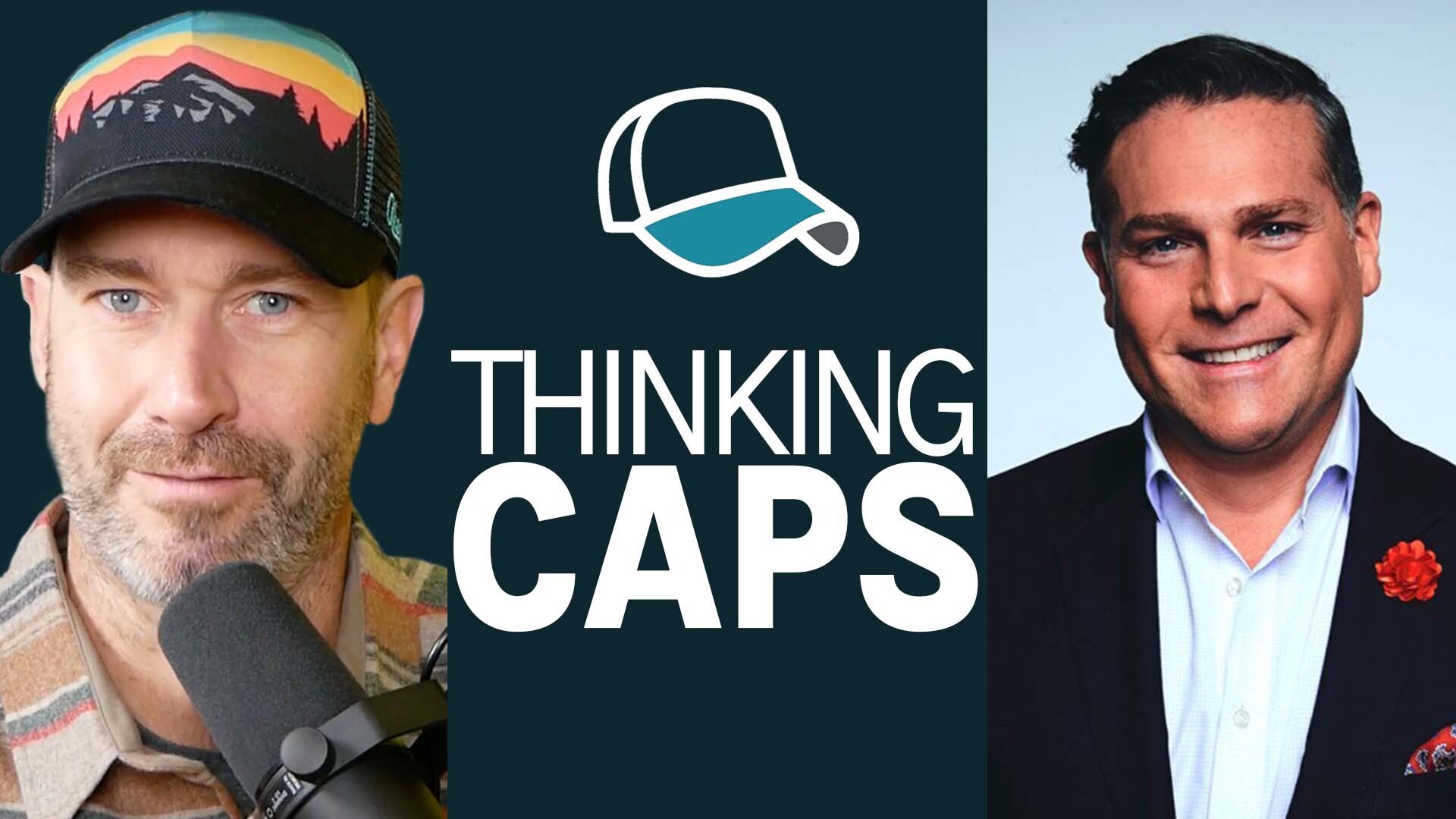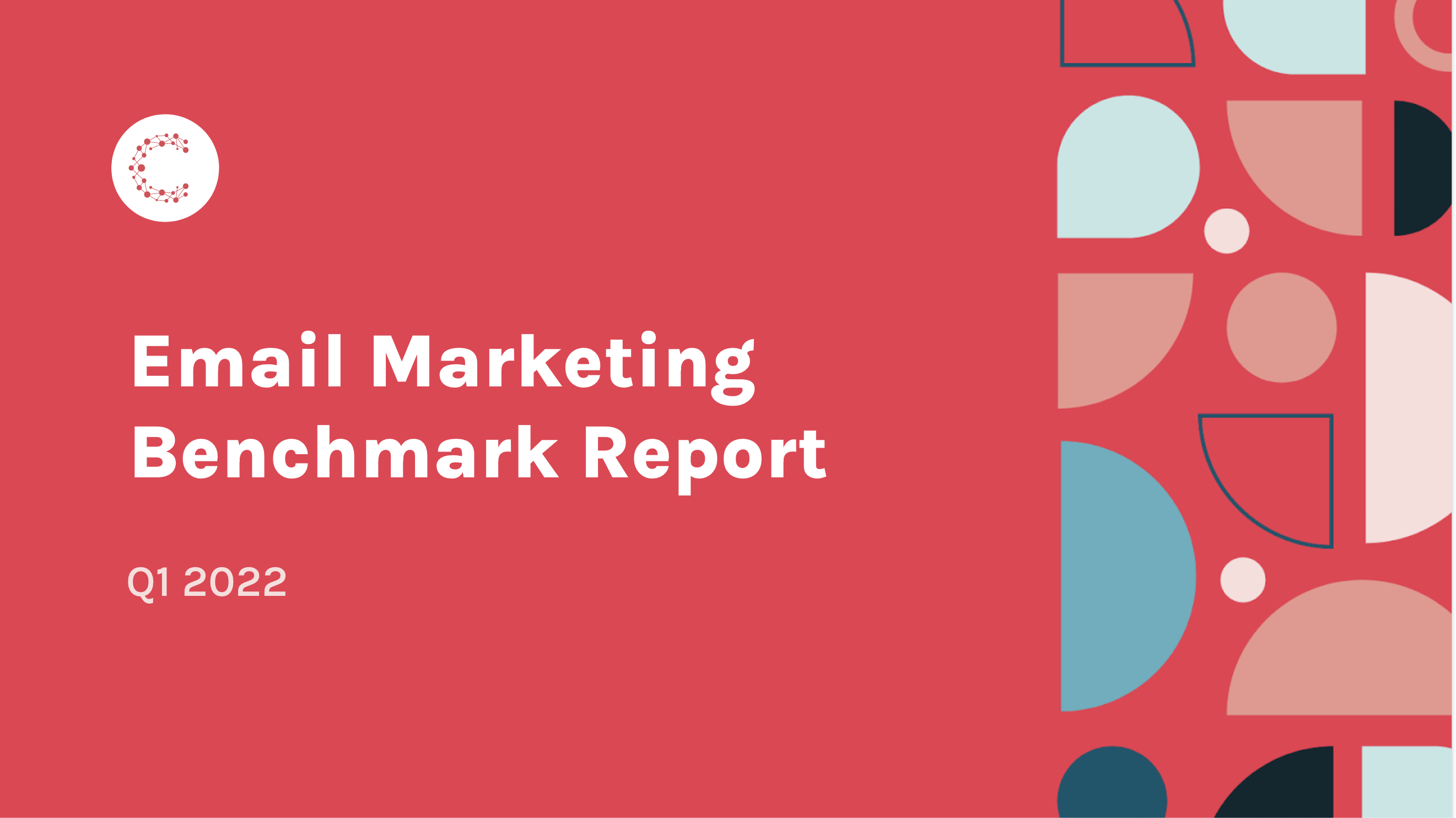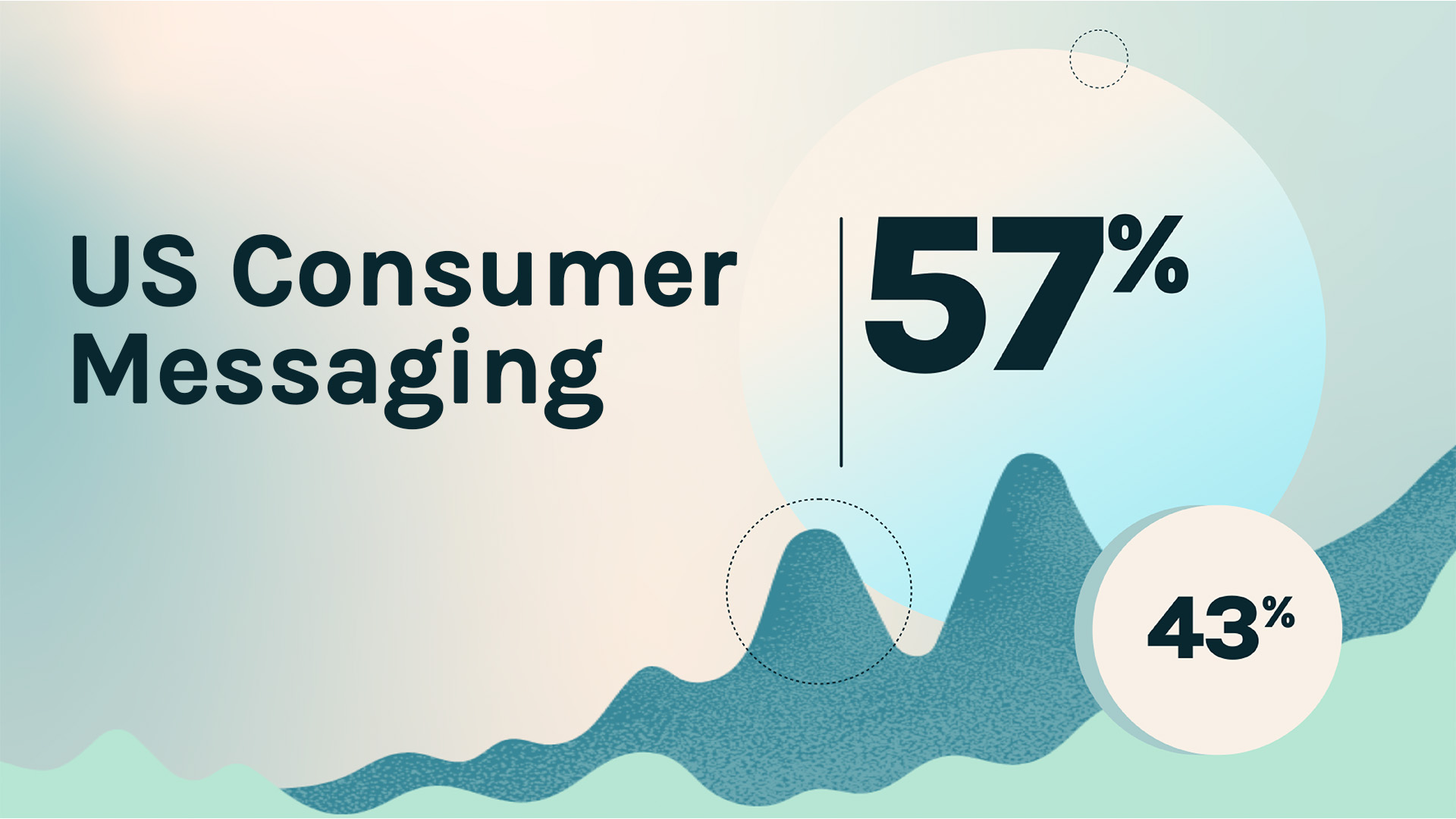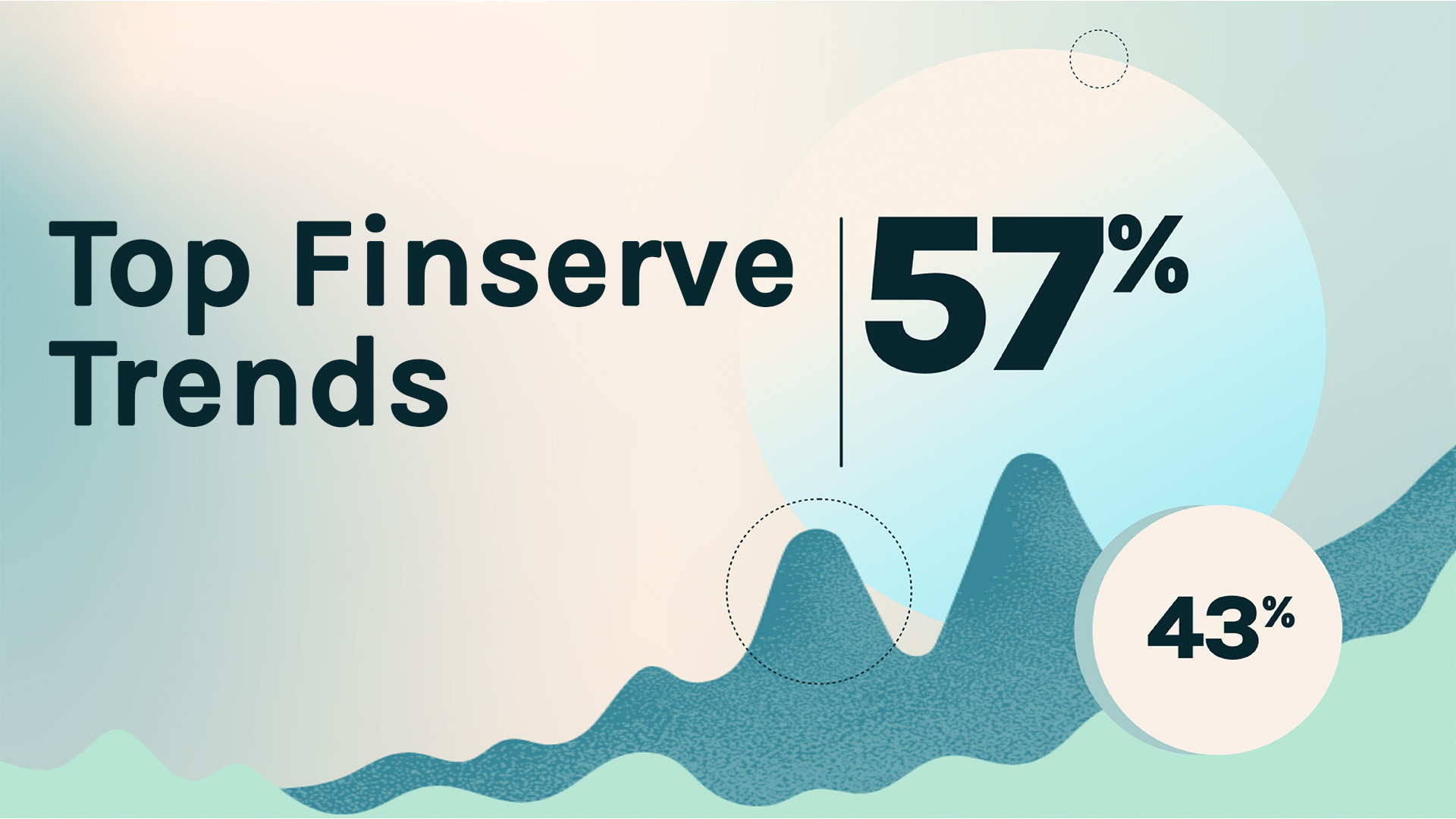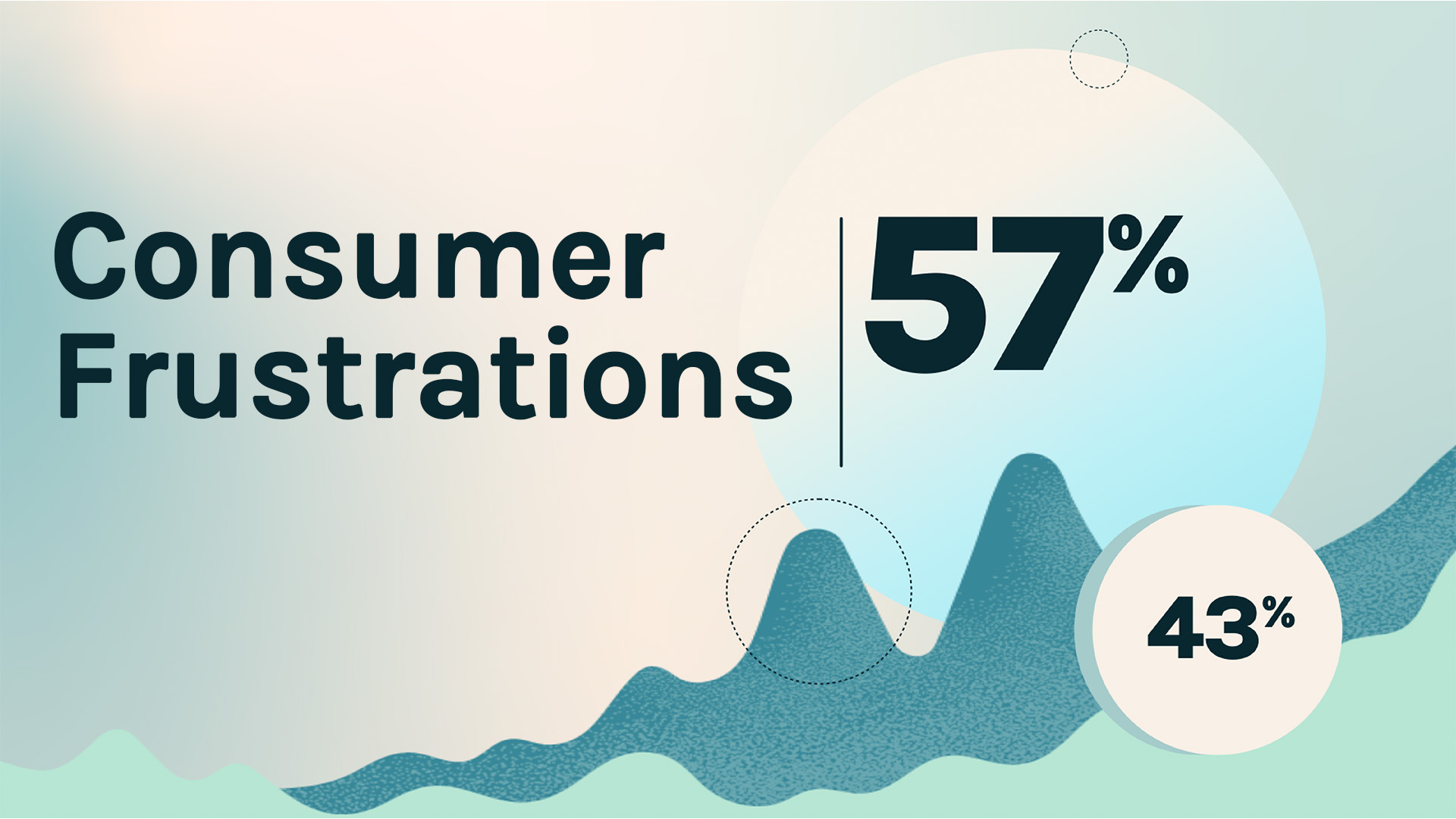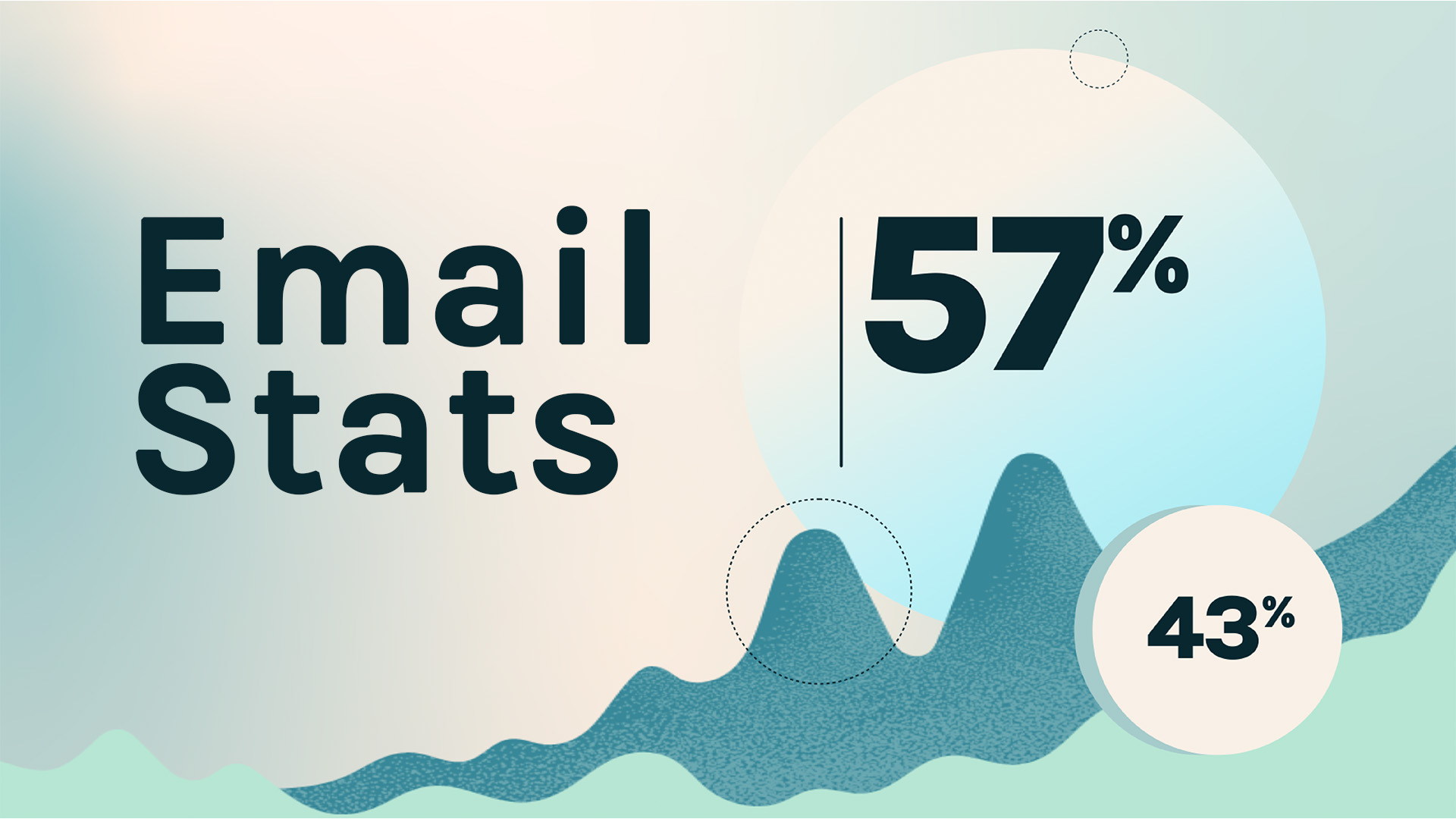Early Ad Data from Apple's iOS 14.5 Update Rolls In
- 0.5
- 1
- 1.25
- 1.5
- 1.75
- 2
Rich: It's been a little over a week since Apple's monumental privacy update. We take a look at what the data shows us so far. Stay tuned.
Tim: Okay, Rich, I think for reference, we have to establish what we're talking about here. So, I want to explain the lens we're going to look at this through. The App Tracking Transparency, which is the ATT, is the new privacy protection framework for Apple device owners, which the company first teased last summer, right? We knew this was coming. With ATT, when an Apple device owner downloads or opens an app, a notification pops up asking if the user wants to be tracked across third party apps and websites. I actually got my first one this week, so-
Rich: Ooh, there you go.
Tim: This is relevant to me.
Rich: This is all part and parcel of the rollout of iOS 14. 5.
Tim: Yep.
Rich: So, it's been a little over a week, right, since you and many others started getting these notifications that they could turn off this cross app tracking. So, what has actually happened? Well, it's clear that ad execs would need to get very creative as they try to solve user consent challenges moving forward, certainly within the walls of Apple's App Store. Now, people aren't fans of sharing the data, right? In the Identifier For Advertisers, the IDFA, with their favorite apps, it seems from the early data.
Tim: Well, what does the data tell us? Let's dig into some of the data.
Rich: Yeah, Digiday again have got a great article about this, where they're basically getting early feedback from a range of different ad tech executives, right? So it's early days. So, it's a murky picture right now, but you know, they're going to the source to see what the data is actually saying. So let's take a look at it now, basically Bliss, so another ad tech vendor, in the article say that less than a third of the bid requests tracked by them over the first three days of the ATT rollout had an idea of an attached compared to 70% that didn't have the mobile identifier. The numbers were also backed up by Bigabid, which is a mobile DSP that works with app developers over a similar period. I want to read a quote from the article," The consent rates of users who are allowing tracking is around 33% based on the limited view I have on apps." That's when Ido Raz, who's the president and founder of ad tech vendor Bigabid.
Tim: Okay. So data's rolling in, we get it. It's early results, results just in, but in the first three days, they're looking at around 33% of people are actually trackable now. So roughly 70% are going away. Do they break it down in region and the breakdown by country, a vertical earnings?
Rich: Yeah so there is some early data showing differences in regions, and we'll have to see how that bears out as time goes by. But in the US for example, nearly half of the traffic on those devices that could received the prompts, opted in to sharing their data. It's 46%, so slightly, less than half. whereas in the UK and Australia, those rates dropped to 19% and 13% respectively.
Tim: So just to recap there, 46% of US people opted in, but only 19% and 13% across the UK and Australia.
Rich: That is correct.
Tim: That's not enough.
Rich: No, so right. Here's a another quote, which is from the CTO of Bliss in the article, he said," But even the best case scenario we're seeing in the US still means advertisers are losing around half of your ability to identify iOS users, losing half your reach on such a valuable audience is not a great situation to be." Again, that's the CTO of Bliss.
Tim: Oh my gosh. Yeah, I'm looking at this here. I mean, it's worth noting that that Bliss was only seen around 1. 3% of its total traffic coming through an iOS 14. 5, the new iOS, which introduced that ATT update that we're talking about. For context, that rate is growing around 50% per day. So the ad tech earthquake, it's about to happen. What we're seeing is early seismic activity, as people really get forced into and get these opt- ins as they update to iOS 14. 5.
Rich: Right? The CEO of Bliss has also got a quote here that's worth saying," This will be an early red flag to advertisers that are relying on media buying strategies based solely on retargeting mobile ad IDs. As they stand to lose anywhere from half up to about 80% of their reach."
Tim: 80% of your reach gone. What do you do as an advertiser? I mean, this is crazy. Advertisers, I know they've been on the fence. They don't really know what to do next. Next week, I want to have an article. I need a week right now, the new fronts and some upfronts are happening. Advertisers are spending tens, if not hundreds of millions of dollars with media companies. There's some really incredible things happening there. So what I'm seeing there, I'm not going to reveal it yet, mimics this though. Advertisers don't know what to do. They don't have enough data. They don't know how many people they're actually going to be able to target. There's no mobile identifiers. The third- party cookie is gone soon. Even if they had a plan, I don't think they know how to execute, which is... Remember in the IAB report, the digital ad ecosystem report that was published in March of 2021, IAB said the greatest pitfall in advertising is that the players, the advertisers, the agencies, everyone in the middle aren't ready for what they have... For the change. They use the word lethal in IAB report. Man, this is the first data coming in to say that like," Yeah, it's coming true."
Rich: Yeah. Folks don't need to worry because it's only affecting a really small part of the mobile ecosystem, Apple.
Tim: Well for the IDFA. Yeah.
Rich: It's huge.
Tim: So again, what did Apple just say this week, they're trying to up their... They were big on privacy. Now, all of a sudden they're bringing their ad platform back to life.
Rich: It's Apple. It is the majority of the mobile ecosystem. This is a hugely disruptive thing. That's what we're just seeing the early waves as this update is rolled out. We know that there's going to be a hit on digital advertising costs as well. So right now, the article states that we've seen a 30% drop in CPM rates between those users, with the IDFA and those without it. I mean, that's early, very early data, but it's significant hit on the CPM rates.
Tim: Bottom line, yeah.
Rich: Now if all else fails, it does seem like some marketers seem contentious, sort of pause what they're doing, or even reallocate or pull spending money intended for iOS campaigns, right? So some advertisers are already putting dollars, albeit a small portion away from iOS and then pouring into Android, according to the six mobile ad execs interviewed for the Digiday article.
Tim: Whoa, so there's a seismic shift. Man, this is Russian roulette, just bounce around with your ad dollars. I saw here, there's another quote that I wanted to read here that you sent my way. This is from a Kunal Nagpal, who's the general manager of publishing platforms and the exchange at ad tech vendor InMobi. What he said is" The brain guys are not ready and their dollars are going to go all over the place. As everything from frequency capping to retargeting gets broken. There's this belief among marketers, that there are enough screens, whether it's mobile web, desktop, or CTV, that they can just divert the money." I agree with what he says, that is a short term solution.
Rich: Oh, no question. This is just sort of surviving the early bumps. It's not a long- term solution.
Tim: So what sort of advertisers do?
Rich: Well look. I'm going to make a pitch here to everybody watching thinking caps. That is, go and check out a webinar that we just did with Loyalty360. It's the largest loyalty association in the world, which is entitled. Why is loyalty the key to surviving the death of the cookie? You can watch that on demand. It will help you create strategies to build those direct to consumer relationships, which Google, as we've said many times on Thinking Gaps is stating," is absolutely paramount to survive this new age of privacy that we're entering into, and that they will support all manner of different, innovative ways to great personalized advertising if you've got the first party relationships." So go check that out. Then lastly, zero party data. We've said it many times, but you need to start thinking about how you can collect data that you can use to do personalized advertising directly from the consumers, with their consent. That's what zero party data is all about. We've got some great pieces of content for you to go and look at cheetahdigital. com. But I also will recommend 10 minutes watch the Pure Archery Group, which usually is an interview, where they actually stepped through the massive impact, the zero party data strategy had on their advertising, on their marketing and their business as a whole. So check that out.
Tim: We're at time. Thanks for watching two great resources, cheetahdigital. com. We will see you next time.
DESCRIPTION
It’s been a week since iOS users started receiving notifications that they could turn off cross-app tracking. What is clear is that ad execs will need to get creative to solve user consent challenges within the walls of the Apple App Store. Some reports show as many as 70% of users opting out. Let's dig in!



